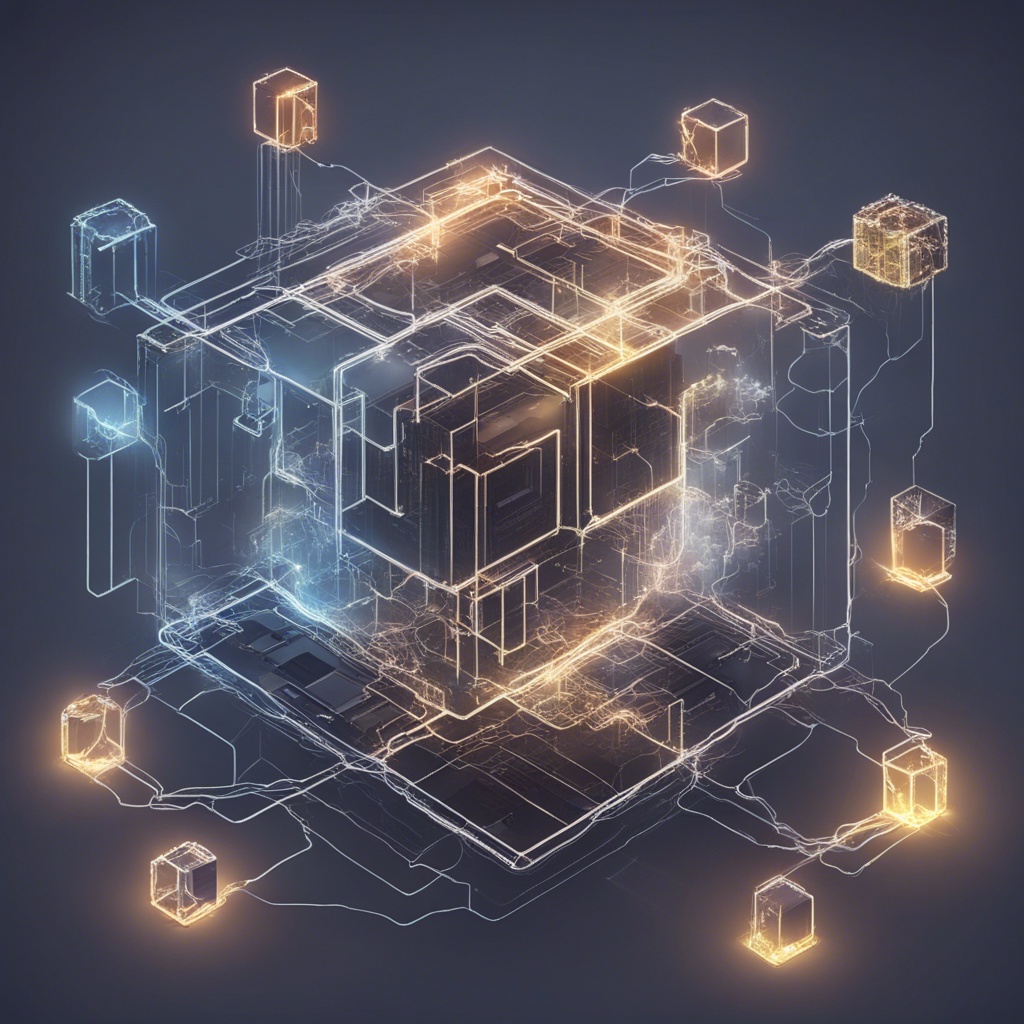
Understanding Blockchain: A Beginner’s Course
Blockchain technology has gained massive attention in recent years, promising to revolutionize various industries and change the way we transact and share data. For beginners looking to delve into the world of blockchain, this comprehensive guide will provide a solid foundation of knowledge to kickstart your journey.
What is Blockchain?
At its core, blockchain is a decentralized and distributed ledger technology that records transactions across a network of computers. These transactions are stored in blocks that are linked together using cryptographic principles, forming a chain of blocks - hence the name “blockchain.”
One of the key features of blockchain is its immutability, meaning that once data is recorded on the blockchain, it cannot be altered or deleted without consensus from the network participants. This makes blockchain a secure and transparent way to record transactions and information.
How Does Blockchain Work?
Blockchain operates on a peer-to-peer network, where each participant (or node) has a copy of the entire blockchain. When a new transaction is initiated, it is broadcasted to the network and verified by the nodes using complex algorithms. Once validated, the transaction is added to a block, which is then added to the chain.
Consensus mechanisms such as Proof of Work (PoW) or Proof of Stake (PoS) are used to validate transactions and ensure the integrity of the blockchain. These mechanisms help prevent fraudulent activities and maintain the security of the network.
Use Cases of Blockchain
Blockchain technology has a wide range of applications across various industries, including finance, supply chain management, healthcare, and more. Some notable use cases of blockchain include:
-
Cryptocurrencies: The most well-known application of blockchain is cryptocurrencies like Bitcoin and Ethereum, which leverage blockchain technology for secure peer-to-peer transactions.
-
Smart Contracts: Blockchain enables the creation and execution of smart contracts, self-executing contracts with the terms of the agreement directly written into code. This automates and enforces contract performance.
-
Supply Chain Management: Blockchain can be used to track and authenticate the flow of goods in a supply chain, ensuring transparency and reducing fraud.
-
Identity Management: Blockchain offers a secure way to manage digital identities, providing individuals with better control over their personal data.
Getting Started with Blockchain
For beginners looking to learn more about blockchain, there are various online courses, tutorials, and resources available. Some recommended resources include:
- Coursera’s “Blockchain Basics” course
- Udemy’s “Blockchain Fundamentals” course
- Ethereum’s official documentation for understanding smart contracts
Conclusion
Blockchain technology holds immense potential to revolutionize industries and reshape the way we interact with data and transactions. As a beginner, understanding the fundamentals of blockchain is crucial to navigate this evolving landscape effectively.
By grasping the concepts of decentralization, immutability, and consensus, beginners can unlock the true power of blockchain and explore its endless possibilities. So, dive into the world of blockchain with an open mind and a thirst for knowledge - the possibilities are endless.
Remember, blockchain is still a nascent technology with ongoing developments and advancements. Stay curious, stay informed, and embrace the future of blockchain technology.
References:
- Nakamoto, S. (2008). Bitcoin: A Peer-to-Peer Electronic Cash System. Bitcoin Whitepaper
- Tapscott, D., & Tapscott, A. (2016). Blockchain Revolution: How the Technology Behind Bitcoin Is Changing Money, Business, and the World. Penguin.
- Antonopoulos, A. M. (2018). Mastering Ethereum: Building Smart Contracts and DApps. O’Reilly Media.
Disclaimer: This blog post is provided for informational purposes only and does not constitute financial or investment advice. Readers are encouraged to conduct their research and consult with professionals before engaging in blockchain-related activities.



